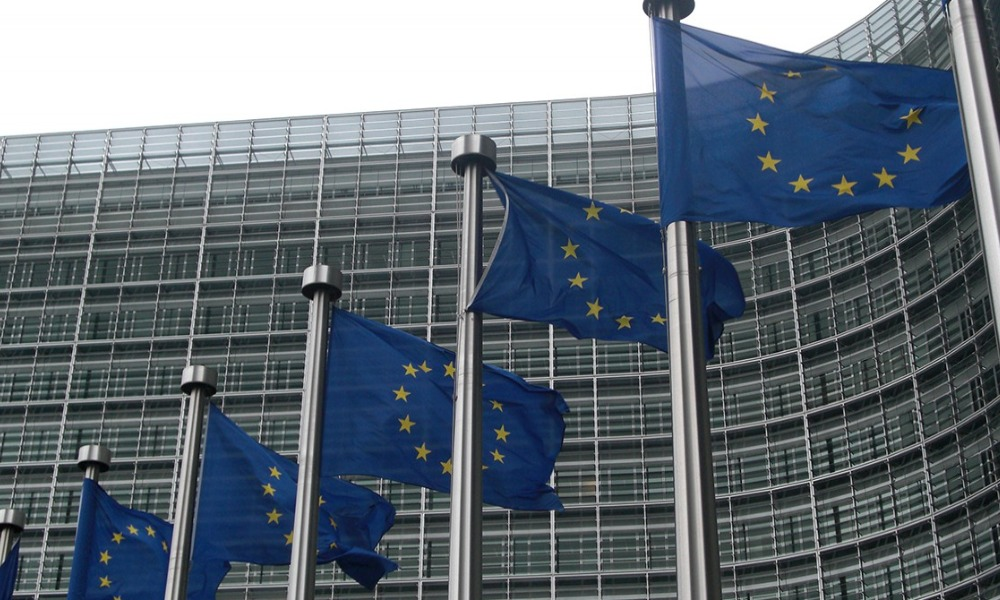EU-Afghan working group tackles human rights issues

The third meeting of the EU-Afghanistan Special Working Group on Human Rights, Good Governance and Migration was held on Wednesday virtually in which parties involved expressed grave concern about the continuing high level of violence, and condemned the increasing number of targeted killings of media workers, civil society activists and law enforcement officials.
In a statement issued late Wednesday night, the European Union stated the parties discussed human rights and fundamental freedoms in the context of the ongoing Afghan peace process.
The parties “expressed grave concern about the continuing high level of violence, and condemned the increasing number of targeted killings of media workers, civil society activists and law enforcement officials, who are essential bastions of a democratic and open society.”
The EU called on the Afghan government to “provide for the security of these important actors in society, as well as conduct thorough investigations, bring the culprits to justice and keep the Afghan public fully informed about the measures taken.”
The EU also emphasized the importance of respecting and promoting International Humanitarian Law to protect civilians in conflict by all parties to the conflict.
“The protection of civilians, medical and education facilities as well as humanitarian workers, cannot wait for peace. The parties stressed that only an immediate cessation of violence would restore confidence in the sincerity of the Taliban for a political settlement to end the war,” the statement read.
The EU and Afghanistan meanwhile agreed on the importance of an enhanced promotion of inclusivity in the peace talks, notably the involvement of women, youth, minorities, internally displaced persons, refugees and victims of war, to ensure an ownership of the process by all Afghans.
They also underlined that the preservation and further strengthening of the democratic and human rights gains of the last 20 years is indispensable during and after the peace process, and referred to the broad-based consensus on this, as expressed at the Geneva Conference for Afghanistan in November 2020.
“In the areas of women and children’s rights, the necessity to enforce legislation against widespread violence and harmful practices was highlighted, as well as the need to address discrimination against religious minorities.
“In the field of governance, the EU and Afghanistan emphasised the importance of free, fair, credible, transparent and inclusive electoral processes that would facilitate legitimate transfer of power, and discussed the experiences of their electoral cooperation and the prospects of continuing electoral reform.
“Anti-money laundering and countering the financing of terrorism (AML/CFT) issues were also addressed, in view of the EU’s ongoing assessment of Afghanistan’s AML/CFT regime,” read the statement.
Afghanistan’s anti-corruption efforts were also discussed along with the regional dimension of migration.
The parties discussed the measures taken by the Afghan Government and commended their joint coordination in the area of anti-corruption policy and institutional reforms, and committed to keep the matter high on their bilateral agenda.
